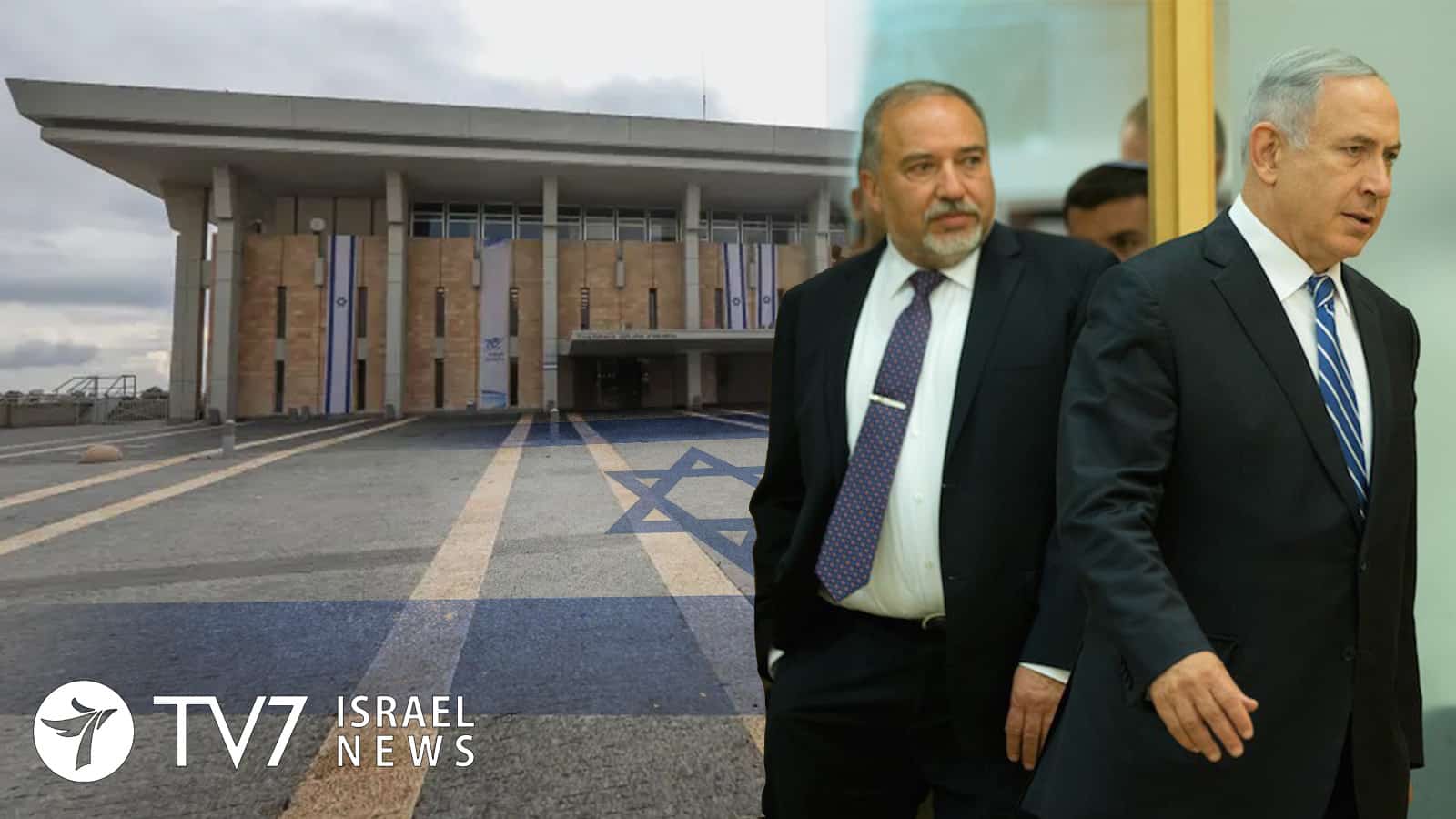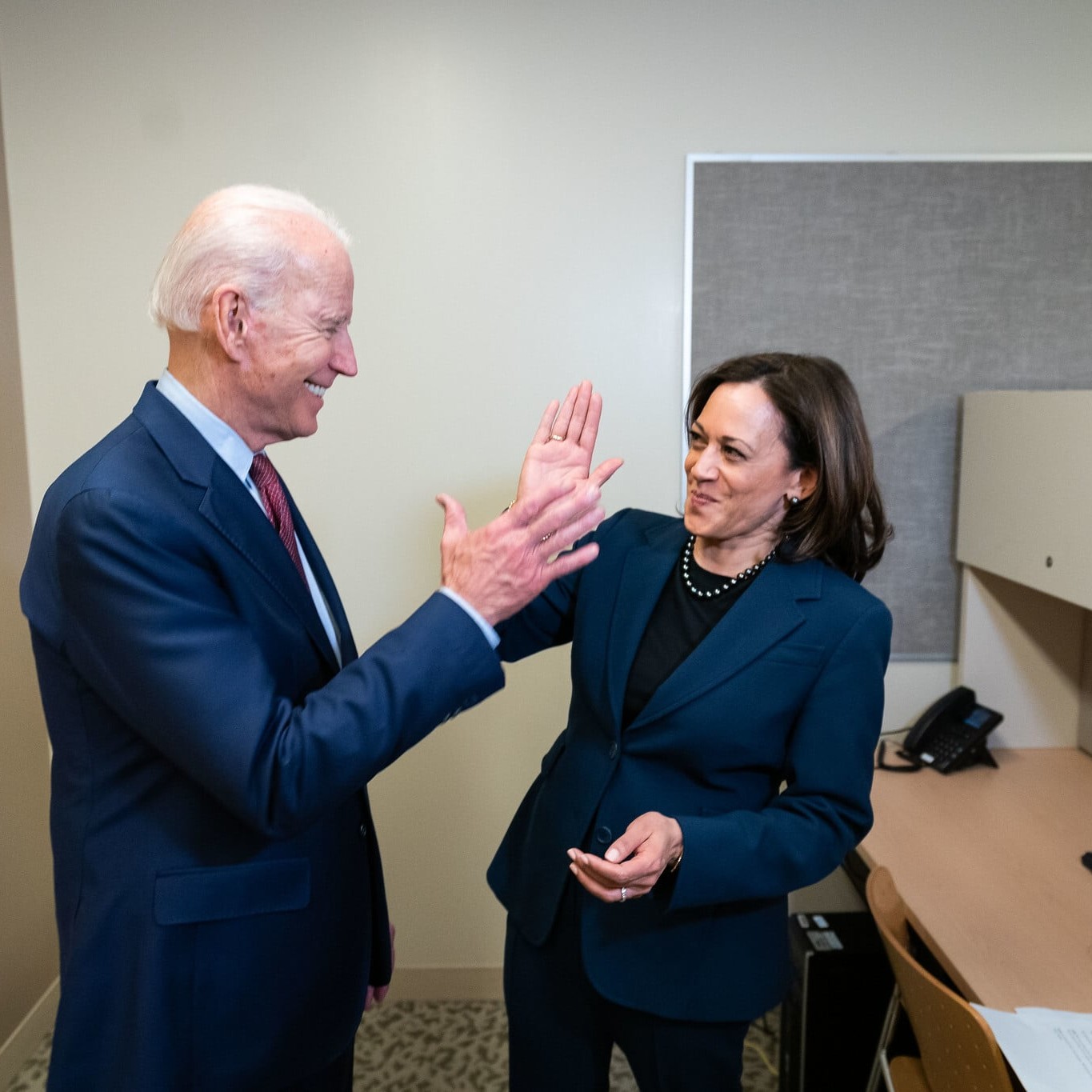Benjamin Netanyahu’s failure this week to form a coalition, followed by his unprecedented move to dissolve the Knesset and go for an early election, just seven weeks after the previous one, is legal, but flies in the face of Israeli political tradition. The dynamic of the next election, to be held in September, is impossible to predict. Will Israeli voters, to avoid further political instability, turn away from smaller parties and enhance Netanyahu’s majority? Or will they identify the frantic maneuvering of a prime minister facing multiple corruption indictments as the source of chaos and punish him at the polls? Will the demoralized center-left opposition finally rejuvenate itself? And how will voters treat Avigdor Lieberman, the former hard-line defense minister, who sparked this crisis by refusing to join Netanyahu’s coalition?
Beyond these short-term questions, however, the earthquake of the Knesset’s premature demise may also herald a tectonic shift in Israel’s political map. Lieberman’s challenge to Netanyahu is personal. But the matter of principle he chose to base his challenge on threatens the power structure that has kept Netanyahu’s party, Likud, in power—its steadfast alliance with the religious parties. As a condition for his nationalist party joining the government, Lieberman demanded that the new Knesset pass a law setting quotas for the number of yeshiva (Jewish religious seminary) students drafted into the army. Ultra-Orthodox parties that had already allied with Netanyahu demand the right of students to continue studying uninterrupted.
For a country where most (Jewish) Israelis are compulsorily enlisted, the exemption for yeshiva students has been an issue all governments have wrestled with and compromised on. In making it a wedge issue, Lieberman has put in question the political alliance between the right-wing and the religious camps. He repeatedly said his party was “prepared to serve in a national government. Not in a Halacha [rabbinical law] government.” It’s a cynical, even hypocritical, move by a veteran politician who has served in many a cabinet over which the rabbis held considerable sway. He senses that Netanyahu’s reign is almost over and is striking at the base of the alliance that has kept the prime minister in power to hasten his downfall. For the past decade, in which Netanyahu has governed uninterrupted, religious parties have seemed an almost integral part of the right wing: When the Israeli media present polling or actual election results, they now automatically include the Knesset seats of the two ultra-Orthodox parties in the right-wing bloc. This is a relatively recent development. From the first Zionist Congress in 1897, the main parties were led by secular Jews. This was true of the Socialist-Zionist parties that dominated the Zionist movement from the 1920s onward and were the main force in the foundation of Israel in 1948, as well as their rival, the right-wing Zionist-Revisionist movement, the forerunner of Likud.
The “Russian” Israelis—those born in the former Soviet Union, or born in Israel to two Russian-speaking parents—make up about one-tenth of the population, according to Scheindlin’s research. In addition, she says, “the dividing line between Israelis on issues of religion and state doesn’t totally run in parallel to the left-right dividing line on issues of diplomacy and security. There are many right-wingers who are less supportive of religious legislation.”
Redazione
La redazione di Babilon è composta da giovani giornalisti, analisti e ricercatori attenti alle dinamiche mondiali. Il nostro obiettivo è rendere più comprensibile la geopolitica a tutti i tipi di lettori.
L’evoluzione dei sanitari a terra: design moderni e materiali innovativi per una scelta sempre più popolare
23 Dic 2024
Quando si parla di design di interni e arredamento sono tantissimi i fattori che entrano in gioco. Ciascuno di noi ha…
Se le questioni di genere dettano le agende di politica estera
19 Dic 2024
Il perseguimento di politiche identitarie da parte dell'establishment della politica estera occidentale sta portando a…
Dall’origine straniera all’icona americana: il fenomeno dello sport negli Usa
14 Mar 2024
Molti sport americani sono accomunati da un aspetto particolarmente curioso: raramente sono davvero nati sul suolo…
Roulette europea, francese o americana? Ecco un approfondimento
22 Set 2023
La roulette è un classico intramontabile dei casinò, amata da milioni di appassionati in tutto il mondo. Una delle…




